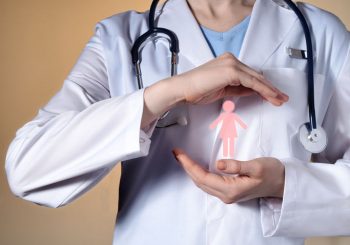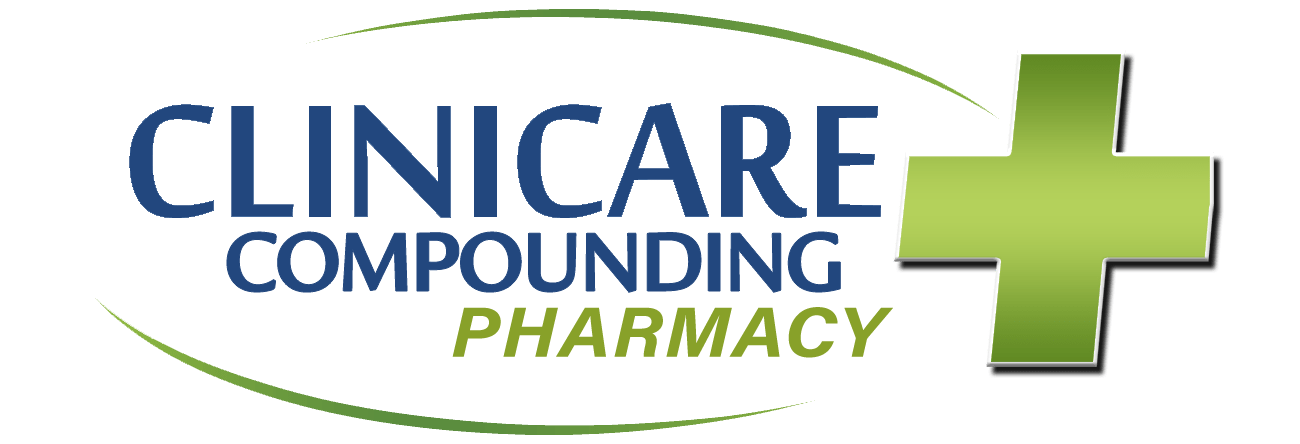

Symptoms of PMS
There may be no cure for PMS there are ways for you to manage the symptoms and the best way to get started is to talk with your pharmacist or healthcare professional today about which natural supplements would be suitable for you.

Symptoms of Pregnancy
All of these things are normal, if you have any concerns or questions we recommend seeing you doctor or healthcare professional.
Consult with you doctor and find out which supplements you are lacking and then come see one of our friendly Pharmacists to recommend the right one for you.

First signs of menopause
However there are still risks involved with not properly managing your menopause that is why we still highly recommend that you speak to your doctor or heath care professional before taking any medication you have not taken before.
Recent News
 We are permitted to dispatch pharmaceutical products only within Australia.
We are permitted to dispatch pharmaceutical products only within Australia.



